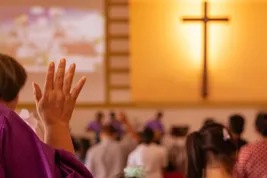ABS-CBN Official Website | Leading Entertainment and News Network | ABS-CBN
ADVERTISEMENT

Welcome, Kapamilya! We use cookies to improve your browsing experience. Continuing to use this site means you agree to our use of cookies. Tell me more!
Weather & Traffic
Editors' Picks
Editors' Picks
ADVERTISEMENT
Latest Videos
Latest Videos
ADVERTISEMENT
Latest News
Latest News
ADVERTISEMENT
ADVERTISEMENT
ADVERTISEMENT











































